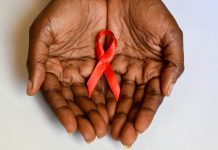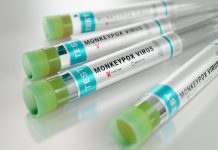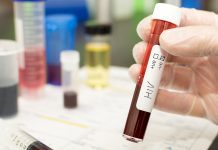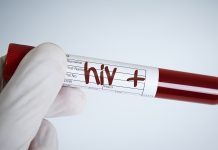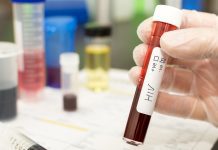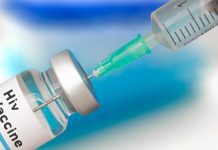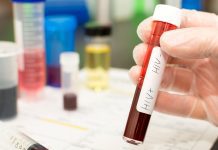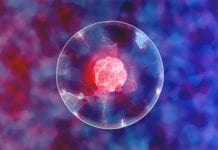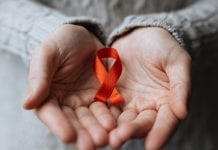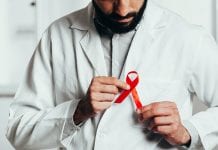HIV Related News
The impact of global inequalities within the HIV response
Inequality in all its forms is a barrier to reducing HIV transmission and ending the AIDS epidemic, Lorna Rothery spoke to Eamonn Murphy from...
HIV transmission has declined in England but progress slow among women
A report has shown that there has been a continuous decline in HIV transmission in England, but progress is slow among women and ethnic...
People with advanced HIV are more likely to die from monkeypox
Researchers have identified a severe, necrotising form of monkeypox with high mortality in immunosuppressed people with advanced HIV.
Most monkeypox infections in the current outbreak...
Under-diagnosis of HIV in the European Region
Dr Nicole Seguy, Regional Advisor for HIV, hepatitis and STIs at the WHO’s Regional Office for Europe discusses barriers to HIV testing in the...
NHS secures new deal for life-changing HIV drugs
NHS England has announced they have secured new deals for HIV drugs, leading the way to stop new cases of HIV before 2030.
In a...
Common antiviral medication can stop HIV transmission
Antiviral medication almost completely reduces the risk of mothers passing on HIV infection to their children, even in low-income countries.
According to a new study...
NHS HIV testing identifies hundreds more cases
Ongoing investment into HIV testing means that hundreds more people have been diagnosed with HIV in only six months.
In April 2022, the NHS dedicated...
WHO recommends cabotegravir for HIV prevention
New WHO guidelines recommend countries implement cabotegravir into their HIV prevention strategy.
The World Health Organization (WHO) has released new guidelines for cabotegravir (CAB-LA) and...
Protein discovery may create new treatments for HIV
Scientists have uncovered the mechanism behind a crucial protein that causes HIV to spread. The findings may help to develop novel treatments for HIV.
Researchers...
Scientists develop a revolutionary single injection treatment for HIV
A unique single treatment for HIV could transform the future of caring for HIV infections, potentially leading to innovative therapies.
New research from Tel Aviv...
UV LED lights effectively kill HIV and COVID-19 in 30 seconds
A University of Toronto Scarborough investigation has found that UV LED lights can destroy HIV and coronaviruses in just 30 seconds.
The team killed both...
mRNA HIV vaccines set to undergo NIH clinical trial
The National Institutes of Health (NIH) has revealed that it will be performing a clinical trial to assess the performance of three experimental mRNA...
Stem cell transplant potentially cures patient of HIV
In a groundbreaking clinical trial, a patient living with HIV has been seemingly cured after receiving a blood stem cell transplant.
The individual initially received...
VB variant of HIV found to be highly virulent and dangerous
A team of UK researchers has discovered that the VB variant of HIV may be more virulent and damaging than other strains of the...
First long-acting injectable HIV treatment approved by NICE
The National Institute for Health and Care Excellence (NICE) has approved a new HIV treatment that can be injected rather than taken orally in a...
Stem cell therapy could reduce AIDS virus and boost immunity
A groundbreaking study has uncovered a special stem cell that can reduce the amount of virus causing AIDS and boost the body’s antiviral immunity...
New AI mobile app could help improve HIV diagnosis
Scientists have utilised Artificial Intelligence (AI) technology to help health professionals interpret HIV test results more accurately.
Researchers from University College London (UCL) and Africa...
Wearable device delivers medication to stop HIV transmission
A “smart” ring device for women has been developed to help prevent HIV transmission in situations where condom use is not possible.
The intravaginal ring...
HIV transmission in England could be eliminated by 2030
The number of new HIV infections has fallen significantly in England and the country is on track to achieve elimination of transmission by 2030,...
Protein kinase inhibitors could offer a new HIV treatment option
A new study shows that protein kinases, enzymes that initiate the process that erodes the body’s immunity, are partly responsible for immunodeficiency in HIV patients. The findings will help explore new treatment options for the condition.


